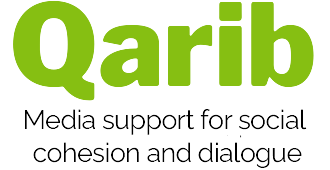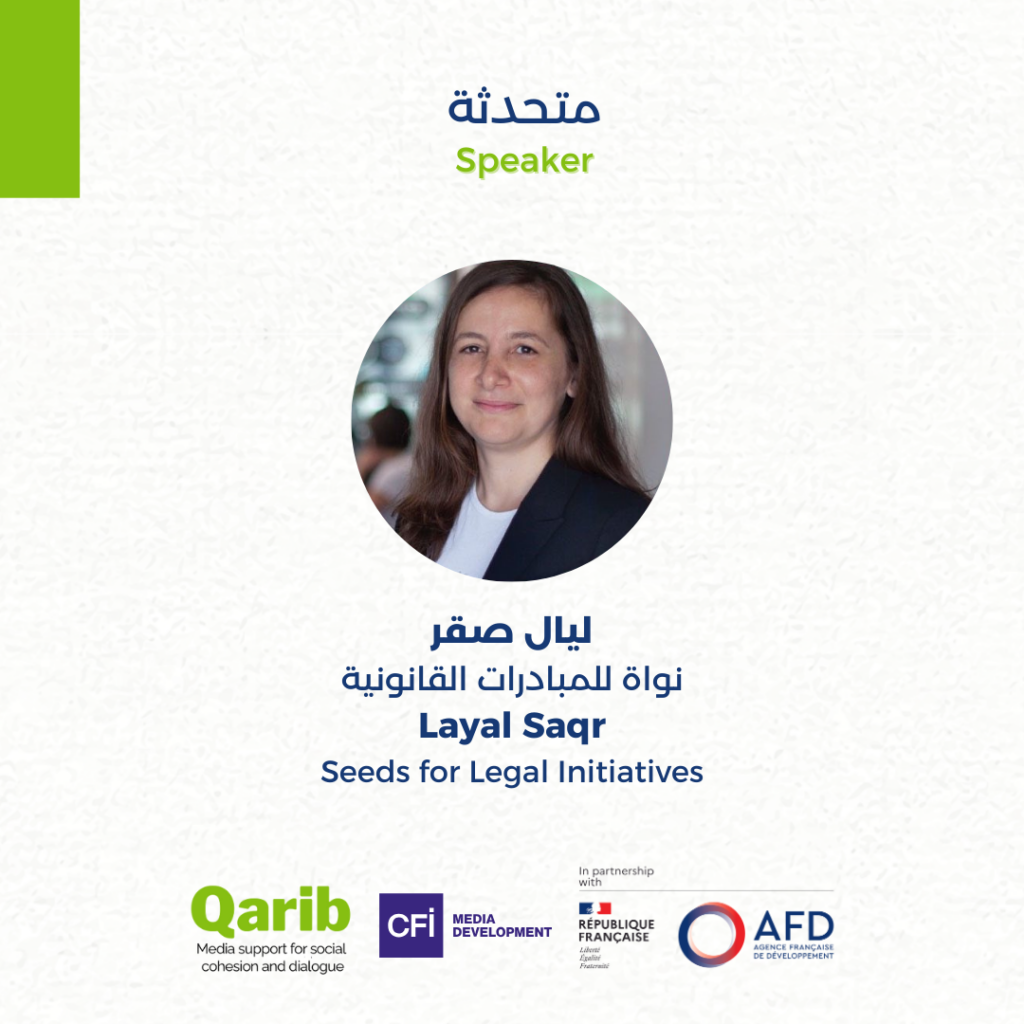Following the profound changes Lebanon and the broader region have experienced in the recent months, the country’s first municipal elections were held in May, marking a significant political milestone.These elections took place amid increasing domestic and international pressure on Hezbollah to hand over its weapons, with considerable attention directed at the party’s political standing. This vote marked the first national political engagement since the war, and came in the wake of a deepening rift between Hezbollah and other Lebanese factions, many of which accuse the party of having drawn the country into a conflict that served external agendas at Lebanon’s expense.
Hezbollah entered the municipal elections — seen by some as a referendum between the party and its popular base — at a time when its support was being closely scrutinised. The Shiite community, which bore the greatest cost of the war due to Israeli strikes on Hezbollah strongholds in the south, the Bekaa, and the southern suburbs of Beirut, suffered massive destruction, displacement, and the loss of thousands of lives. How did these losses affect electoral behaviour? And to what extent can the elections be interpreted as a test of the party’s continued legitimacy?
These elections also revealed wider dynamics. They were closely observed, both within Lebanon and internationally, to assess the relative strength of various political actors, including opposition and reformist groups. In some areas — notably Beirut — surprising alliances emerged between Hezbollah and factions previously considered to be in opposition, raising questions about political coherence and strategic motivations.
As Lebanon looks ahead to parliamentary elections in 2026, the municipal results have prompted reflection on whether they offer an early indication of future trends, or whether local elections should be understood as a separate arena with distinct dynamics. What messages did Hezbollah seek to send through its electoral performance, and how were these perceived domestically and abroad? What explains the apparent retreat of the reformist camp, and what lessons might be drawn from its limited ability to mobilise voters?
We want to discuss these and more questions in our QaribTalk#14 Lebanon’s Municipal Elections — Referendum or Prelude? on Tuesday 27 May at 16h Amman time, 15h CET with
- Badia Fahs, journalist contributing to several Lebanese and Arab outlets.
- Layal Saqr, Seeds for Legal Initiatives.
- Mohanad Hage Ali, researcher and deputy director for research at Carnegie Middle East Center.
- Zouhair Dabbous, founder of Manateq platform.
The debate will be moderated by Nada Abdelsamad, Chief editorial advisor of the Qarib programme.
Speakers





